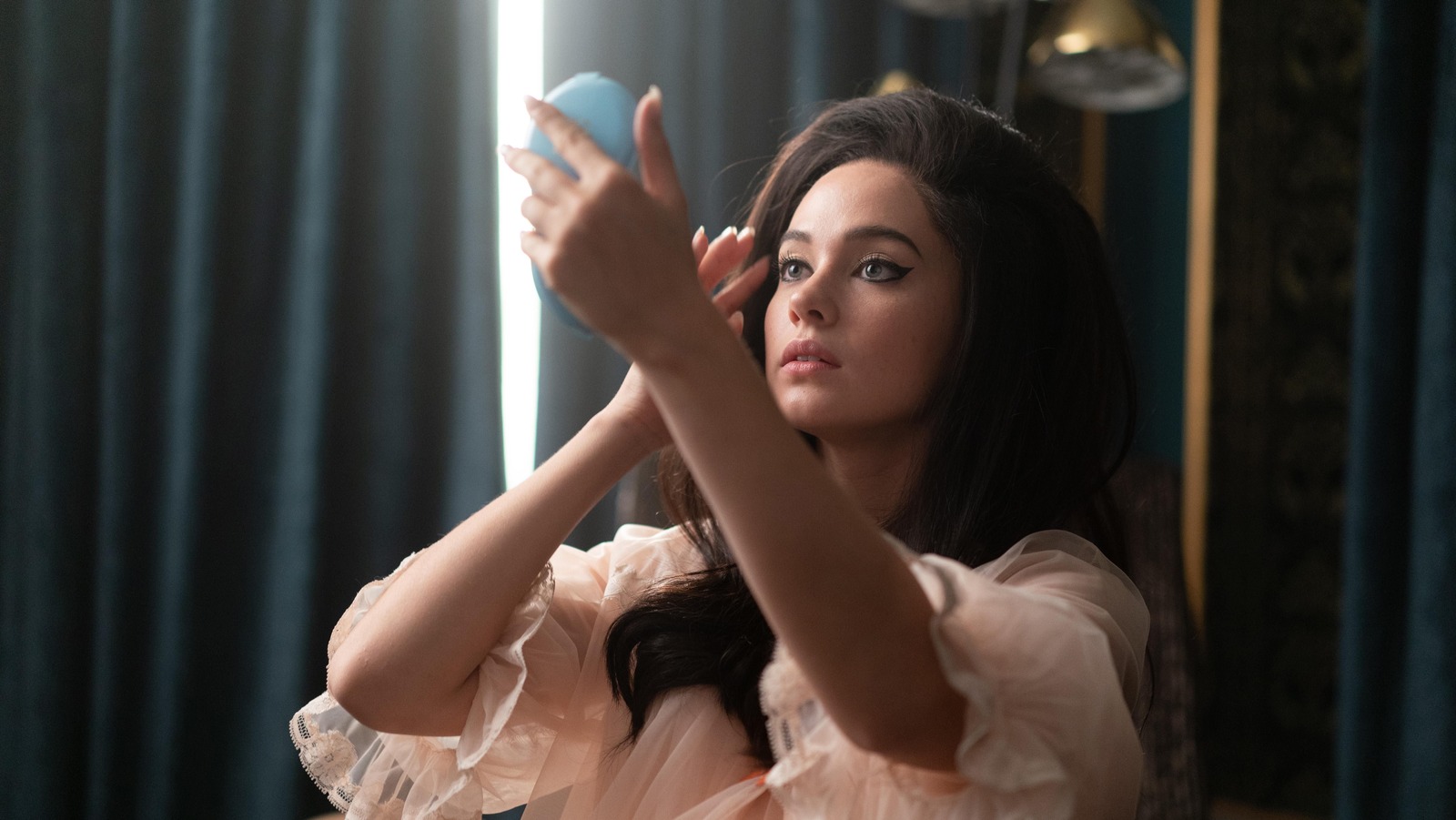
Where the 2023 film succeeds is a visceral emotional and textural experience. The textures of “Priscilla” feel so real — the shag carpet, the false eyelashes. The beginning is exciting and romantic, the middle is a roller coaster of danger and thrill, and the end is defined by a growing distance. Priscilla’s departure feels so cold. While this does successfully emulate their estrangement, it also feels too fleeting — this crucial moment in the film, just like the marriage itself, did not stick. Comparing it with the very same scene in Baz Luhrmann’s “Elvis” provides an interesting contrast. Luhrmann’s scene is told through Elvis’ lens and thus occurs as a tragic catastrophe marking the beginning of the end. In “Priscilla,” this bittersweet goodbye is the beginning of a new life full of hope and self-determination.
The central relationship of “Elvis” — between the pop star and the Colonel — is seen only peripherally in “Priscilla.” The domineering men in his life haunt the edges of the screen like a specter. Even his father only appears occasionally to boss someone around. They inhabit the corners of Elvis’ life, controlling him from the shadows, just as Priscilla tugs at his heart from the edge of the frame in “Elvis.”
Priscilla Presley is an executive producer on this film, which is based heavily on her memoir “Elvis and Me.” This account of her lived experience is co-signed by Presley herself, and the fact that the creators resisted a third-party agenda from Elvis’ estate or elsewhere is palpable. The pop star goes from a romantic hero to a pathetic man. He is neither a monster nor a saint in this film. Through avoiding moral grandstanding, “Priscilla” provides more clarity on Elvis’ character than Luhrmann’s take on the King, lending itself to the authenticity of Coppola’s film.
/Film Rating: 6.5 out of 10
